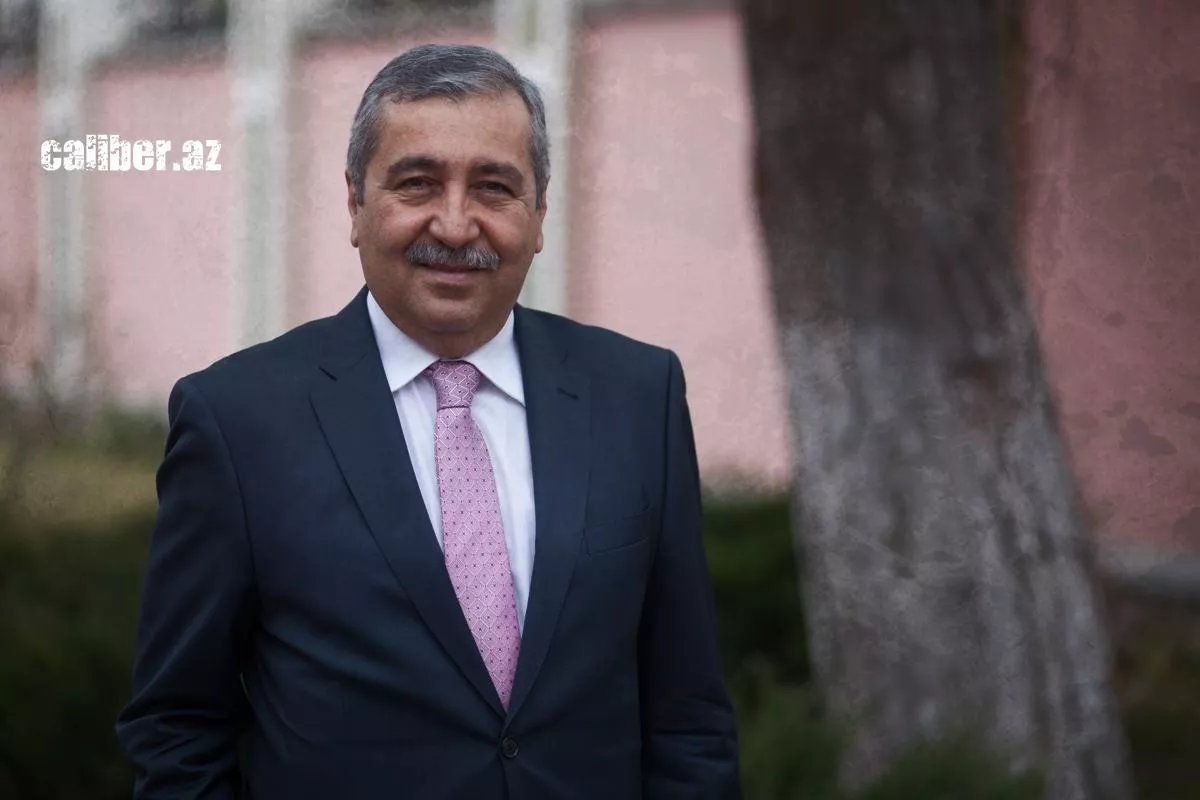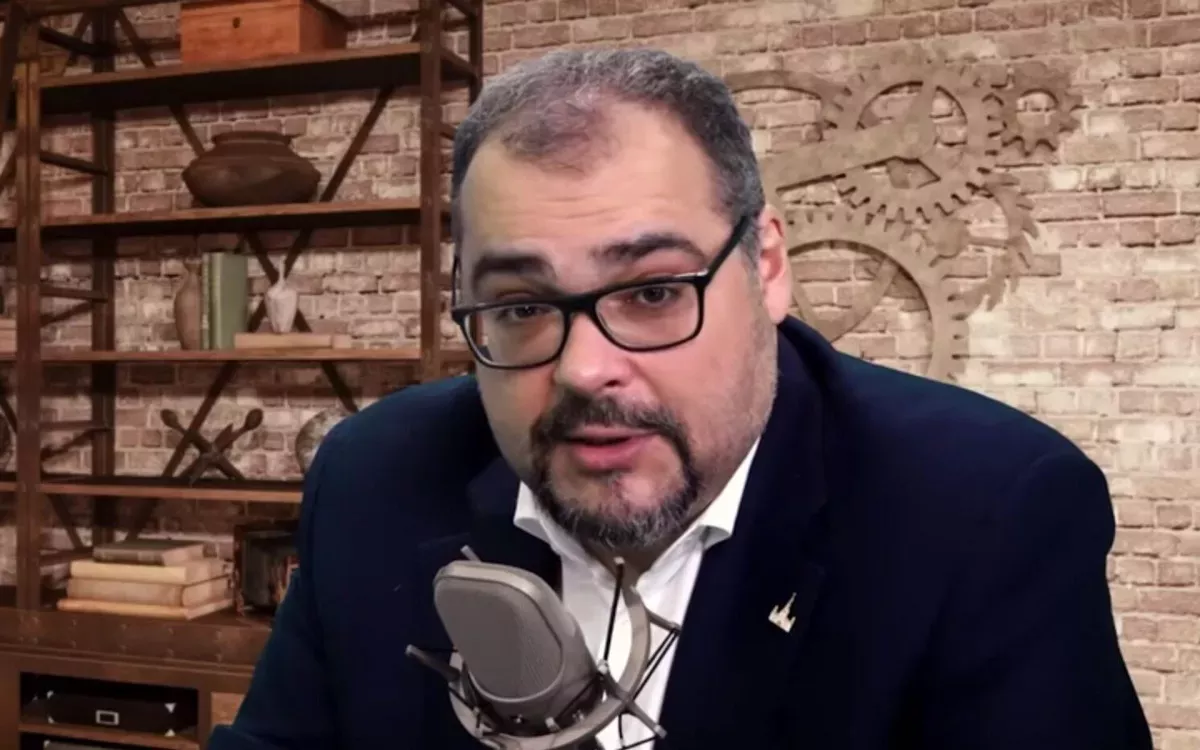Russian diplomacy with elements of revelation Experts analyse Lavrov’s Yerevan statements
Some statements made by the Russian Foreign Minister Sergey Lavrov at a joint press conference with his Armenian counterpart Ararat Mirzoyan apparently came as a surprise to official Yerevan. In particular, in response to accusations from Armenian journalists about supplies of Russian weapons to Azerbaijan, Lavrov essentially “exposed” Yerevan, reminding that for more than thirty years since its independence, Armenia has been occupying Azerbaijani territories using precisely Russian arms. Moreover, judging by the nature of this occupation, it involved far-reaching plans for these territories. “Judging by the nature of the fortifications being built there, as analysts believe, it was never planned to return [the territories],” the Russian minister noted.
What lies behind this rather loud admission by Lavrov about Russia’s role in the Karabakh conflict? Why did it come at this particular moment, against the backdrop of a clear warming of relations between Yerevan and Moscow, and how might Baku interpret such statements from Moscow? A Caliber.Az correspondent asked Azerbaijani and Russian experts to analyse Sergey Lavrov’s remarks.

Doctor of Law, Professor, Extraordinary and Plenipotentiary Ambassador, Head of the Department of International Relations and Foreign Policy at the Academy of Public Administration under the President of the Republic of Azerbaijan, Namig Aliyev, believes that, in principle, Lavrov did not say anything new that would be unknown to Baku, Yerevan, and Moscow.
His frankness can be interpreted either as a desire to respond sharply to Armenian accusations regarding the sale of weapons to Azerbaijan, or as an attempt, by juxtaposing this fact with the comprehensive support for Armenia’s occupation of Azerbaijani lands, to show that "we love Armenia more," or, considering Lavrov’s experience, one might assume the beginning of another game, the development of which we may witness later.
“The fact that Lavrov explicitly designated Armenia as the occupier is an acknowledgement of this fact by Russia, since Armenia has long been recognised as an occupier in numerous well-known UN documents, including those of the Security Council, OSCE, PACE, and others.
In turn, Lavrov’s statement, in which he confirmed support for Armenia on the Karabakh issue, could have a significant impact on the geopolitical climate in relations between Russia and Azerbaijan and the trust between the countries. It raises questions about Russia’s role as a mediator in conflict resolution and may affect the perception of its neutrality in the region,” noted the Azerbaijani political scientist.
On the other hand, Azerbaijan may use Lavrov’s statement to emphasise its position on the international stage; as proof that international partners recognise Karabakh as part of its territory; and to criticise the interference of external forces in regional affairs.
“At the same time, Lavrov’s statement represents an admission of Russia’s violation of numerous agreements it has signed. For example, the CIS Declaration on the Non-Use of Force or Threat of Force in Relations between the CIS Member States, dated March 20, 1992, states that ‘the member states shall not supply weapons to conflict zones.’
The Collective Security Treaty of May 15, 1992, provides that ‘the member states shall not enter into military alliances or participate in any groupings of states, nor in actions directed against another member state.’
Also violated are Articles 1, 3, 5, 8, and 9 of the Memorandum on the Maintenance of Peace and Stability in the Commonwealth of Independent States of February 10, 1995, the Tashkent Agreement on the Principles and Procedures for the Implementation of the Treaty on Conventional Armed Forces in Europe (CFE) of May 15, 1992, and other international agreements,” stressed Aliyev.

In turn, Russian political analyst and publicist Ruslan Safarov provided his assessment of the statements made by the Russian foreign minister in light of recent geopolitical developments.
“Lavrov’s visit, apparently, was indeed very important. Foreign ministers usually come for just one day, but in this case, the visit was longer and more intense, which indicates the seriousness of the issues discussed,” noted the Russian expert.
Responding to the question of why Moscow made certain statements about Armenia’s occupation of Karabakh, the expert reminded of the context in which this occurred: “The question was posed sharply by an Armenian journalist: ‘We are allies of Russia, yet Azerbaijani control over Karabakh was regained with Russian weapons.’ Lavrov’s response was expected: ‘Armenia also fought with Russian weapons.’ This reflects the general situation — Russia supplied weapons to both Armenia and Azerbaijan until 2022, and there is nothing unique about that.”
He also emphasised that “Russia did not take responsibility for the events in Karabakh. This is not Armenian territory, and therefore, within the framework of the CSTO, Russia had no obligations to defend this zone. Everything that happened in Karabakh was always an initiative of Yerevan.”
According to the Russian political analyst, Yerevan has not suffered a defeat in the West; the situation is somewhat different: Armenia demonstrates pro-Western rhetoric, but this is rather a political tool behind which economic goals lie.
“Today, Armenia has become a hub for parallel imports from the EU to Russia. The growth in trade turnover between the two countries speaks for itself: from 5–6 billion dollars in 2021 to more than 14 billion today. This is an economic operation from which both sides benefit. Therefore, Moscow generally takes a lenient view of Yerevan’s ‘Western games.’
As for the political thaw, it should be noted that prior to Lavrov’s visit to Yerevan, preparatory work was done by Robert Kocharyan, who stated that ‘the only force ready to defend Armenia is not the US and NATO, but Russia.’ The visit itself demonstrated some political warming, while economically both sides are already doing well,” the political analyst said.
He also recalled Prime Minister Pashinyan’s statement from about a month and a half ago regarding the intention to restore normal relations with Russia “due to changed geopolitical circumstances.”
According to the expert, “Yerevan understands that shifts are possible in negotiations between the US and Russia, and it is trying to adjust to potential changes. Armenia is aware that neither the EU nor NATO is in a hurry to admit the country into their ranks, and this approach is more of a political game than a real prospect.”
“Russia is interested in a stable peace in the South Caucasus. War here is definitely not in its interests. Incidentally, on this point, Moscow’s and Beijing’s positions are almost identical,” he emphasised.
In his view, Russia is interested in all the countries of the South Caucasus — Armenia, Azerbaijan, and Georgia.
“Each country has its own significance: Azerbaijan is the ‘North–South’ project, a strategic gateway to South Asia; Armenia is a channel for parallel imports and connections to the West through the diaspora; Georgia is a key point for future transport corridors. Russia’s goal is not to elevate or ‘punish’ anyone. The objective is strategic balance and partnership. Russia and Azerbaijan have strengthened their relations in recent years, but now there are certain difficulties, which are most likely not of a strategic nature. At the same time, public discontent over Karabakh in Armenia is decreasing — the issue is fading from the agenda and is being left to political figures such as Kocharyan and representatives of the Karabakh clan,” Safarov concluded.








